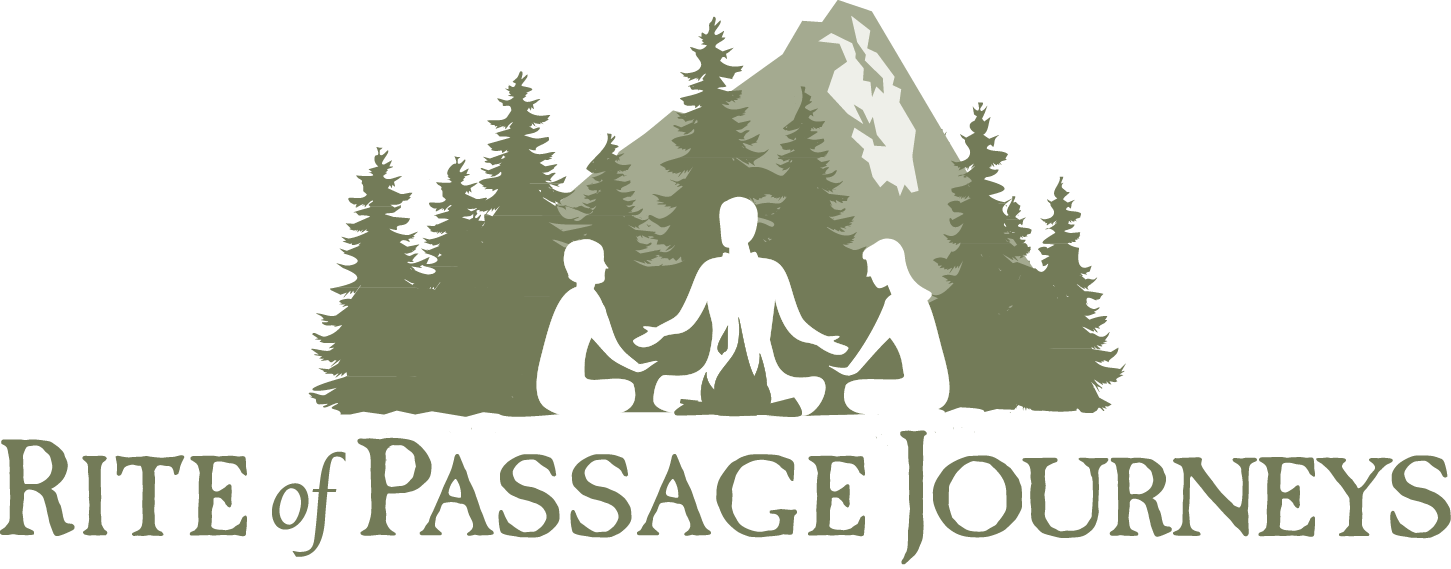Moving Beyond Polarization
A tendency towards polarization – division between sharply contrasting ideological perspectives – is very alive in today’s world.
When we reduce each other to ideological labels – leftist, right-wing, communist, racist - we fail to see each other as humans. Whatever “side” we are on, a polarized approach to healing our world still perpetuates a culture of separation, supremacy and domination.
Judging, labeling, and shaming people with different perspectives feeds polarization, but there is another way. Recent studies in deep canvassing show that when we deeply listen to each other, even to people with perspectives that we believe may be bigoted or misguided, both of our perspectives actually evolve. Bridging across polarization is challenging, but possible.
To truly embody collective liberation, we need to find a way beyond polarization, rooted in an interdependent worldview that helps us understand and heal harm at its roots.
What makes it hard to move beyond polarization?
Before sharing some ideas about how we move beyond polarization, I want to take a moment to acknowledge and validate all the very real barriers that can stand in the way of us moving beyond polarization.
Our identity or sense of safety may be threatened by people with opposing viewpoints.
Can you think of a viewpoint that makes your heart race or your body tense up?
Is there some way that this viewpoint threatens your identity or safety?
What does it feel like to honor your need for safety and imagine putting up boundaries between you and people who hold this viewpoint?
Can you access any curiosity for the person who holds that viewpoint? How might they have come to take on this perspective?
We live in a culture of perfectionism and punishment.
Have you ever felt pressure to be “perfect,” or fear of making a mistake?
In the legal and judicial system you live under, what might happen to you if you were to make a serious mistake that hurt someone else?
Does this impact how you relate to making mistakes, admitting you are wrong, or changing your perspective?
We fear losing belonging.
Do you conform to external perspectives on social issues in order to belong?
Do you with-hold your true beliefs, deeper questions, or desire to complexify issues?
What would happen if your friends or community members heard that you were building a relationship with someone who held very different beliefs than the rest of you?
We aren’t practiced in holding multiple truths.
Do you abandon your own perspective when you empathize with someone else’s?
Do you avoid understanding someone else’s perspective because you think this would imply that you agree with or condone this perspective?
Our perspectives deeply matter to us.
Do your perspectives relate to your sense of identity and meaning?
What do you feel when you imagine throwing all of your perspectives away?
Are you able to “try on” other perspectives like hats, and figure out which ones suit you?
Do you judge some perspectives as stupid, wrong, dangerous, and violent, or do you try to understand the needs that are trying to be met by them, even if you disagree?
So how do we do it? How do we move beyond polarization?
Shift blame from individuals to culture and systems.
What cultures and systems perpetuate harm and violence?
How have unresolved historical traumas and injustices led to modern social issues?
When you consider addressing these issues at their root, what do you want to have happen to individuals who are enacting violence?
Connect to the universal needs we all share.
Think of any action that you think is “wrong.” How might this action be attempting to meet a universal human need for belonging, meaning, autonomy, connection, respect, love, dignity, safety and expression?
What other ways might someone meet this need that don't feel “wrong” to you?
What do you think an individual who would do that “wrong” thing would need in order to instead meet that need in a “right” way?
Ask curious questions and listen to understand, not persuade.
What does it feel like in your body to listen to someone with the desire to understand? To persuade them?
What does it feel like in your body to be listened to by someone with the desire to understand you? To persuade you?
The next time you notice yourself judging someone, can you access your curiosity?
Build relationships across differences.
Can you think of a relationship in your life that has led to you changing a perspective?
What were some of the qualities of that relationship?
Do you have any relationships with people that hold very different perspectives than you? Are there still positive things you can say about that person/relationship?
Honor our boundaries and follow the path of healing.
Do you ever try to force or rush “healing” in yourself or others? Does that feel healing?
Have you ever hurt or punished someone who harmed you? Did that feel healing?
What would your ideal healing process after harm look like, for you and for whoever harmed you?
Hold a grounded understanding of harm.
Do you fear that empathizing with the root of harm excuses perpetrators of harm?
Do you struggle to define what harm is and know how to prevent it from happening?
Do you feel your own autonomy (self-governance within your domain)? Are you able to speak up for your needs?
So what? Why does moving beyond polarization matter?
It matters because it is healing.
We are all interconnected expressions of life. When we cut off the humanity in another, we cut off the humanity in ourselves.
Moving beyond polarization is a crucial practice for embodying the world we long to live in, where every person is valued in their messiness and their inherent belonging.
How might moving beyond polarization offer you healing in your relationships and life?
It matters because it is revolutionary.
"People who are divided are easier to control." – David Draiman
It is easy to let our festering wounds divide us. In this critical time, we cannot afford to dig our heels into our pain and allow it to drive us further apart. And we also cannot afford to turn our backs to this pain - we must hold it together.
We need to ground ourselves in a shared understanding that the oppression that has happened and is happening is not okay. And in our commitment to anti-oppression and liberation, we cannot simply oppress and “other” those who oppress and “other” us; that just continues this cycle of division and harm.
Instead, we can work together to transform the conditions that make harm possible, knowing that othering/polarization is one of the conditions that makes harm possible. In order to transform our world, we need to remember how to hold curiosity, complexity and nuance together. Doing so is revolutionary.
Where in your life can you practice holding complexity and seeking to understand personal and cultural traumas to create a world centered in healing rather than division?
Moving beyond polarization can be an unfamiliar and uncomfortable process. However, doing so is an essential part of moving from a culture of separation, supremacy, and domination to one of respect, compassion, and interdependence.
______________________________________________
This is an abridged version of an article written by Lux, a trauma-informed and co-liberation-driven Conflict Mediator, Consent Educator, and Relational Coach.
Learn more about their work at healingrising.com and read the full article on Medium.
To deepen this exploration, join Lux at their upcoming offering through Journeys Rites of Passage:
An embodied day-long workshop on moving beyond polarization.
Saturday May 13, 10 am - 4 pm
Lux Gypsum
Lux Gypsum (they/them) is a queer, non-binary Facilitator, Conflict Mediator, and Relational Coach. Lux's work is guided by a calling to support us in transforming our culture of domination into a culture of co-liberation through un-winding and re-patterning how we relate to ourselves and each other. Lux is deeply grateful for the many wisdom-keepers who have generously shared their teachings, inviting them to stay in contact with the complexity of our inner and outer world in these trying times.



